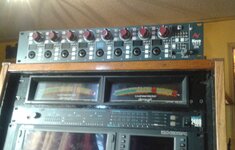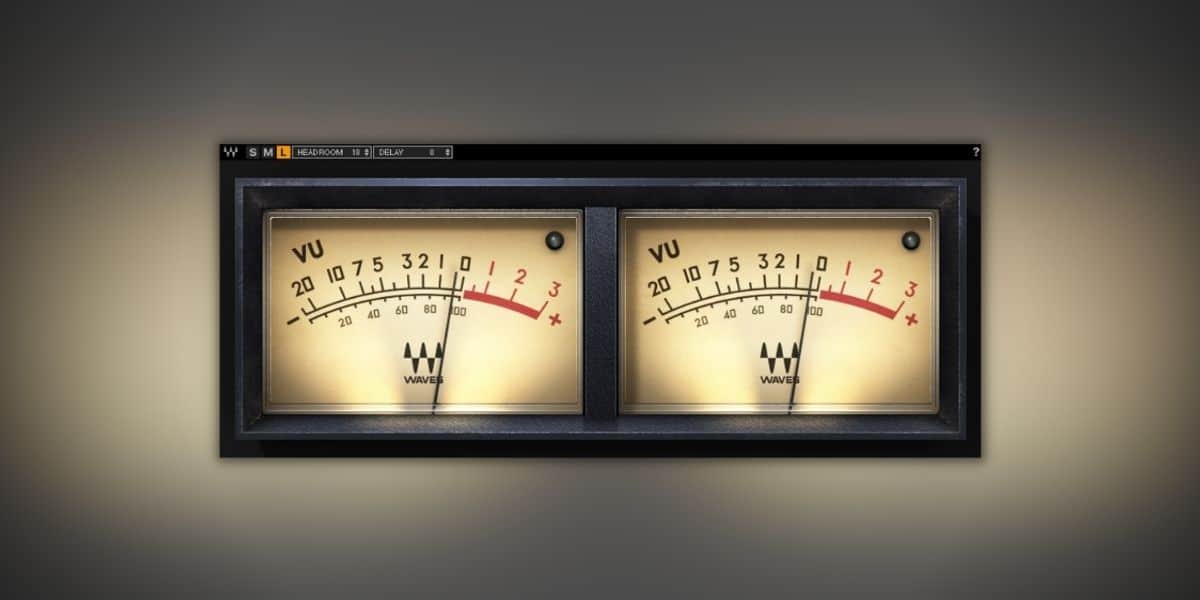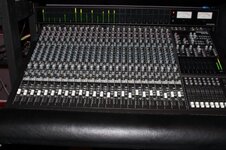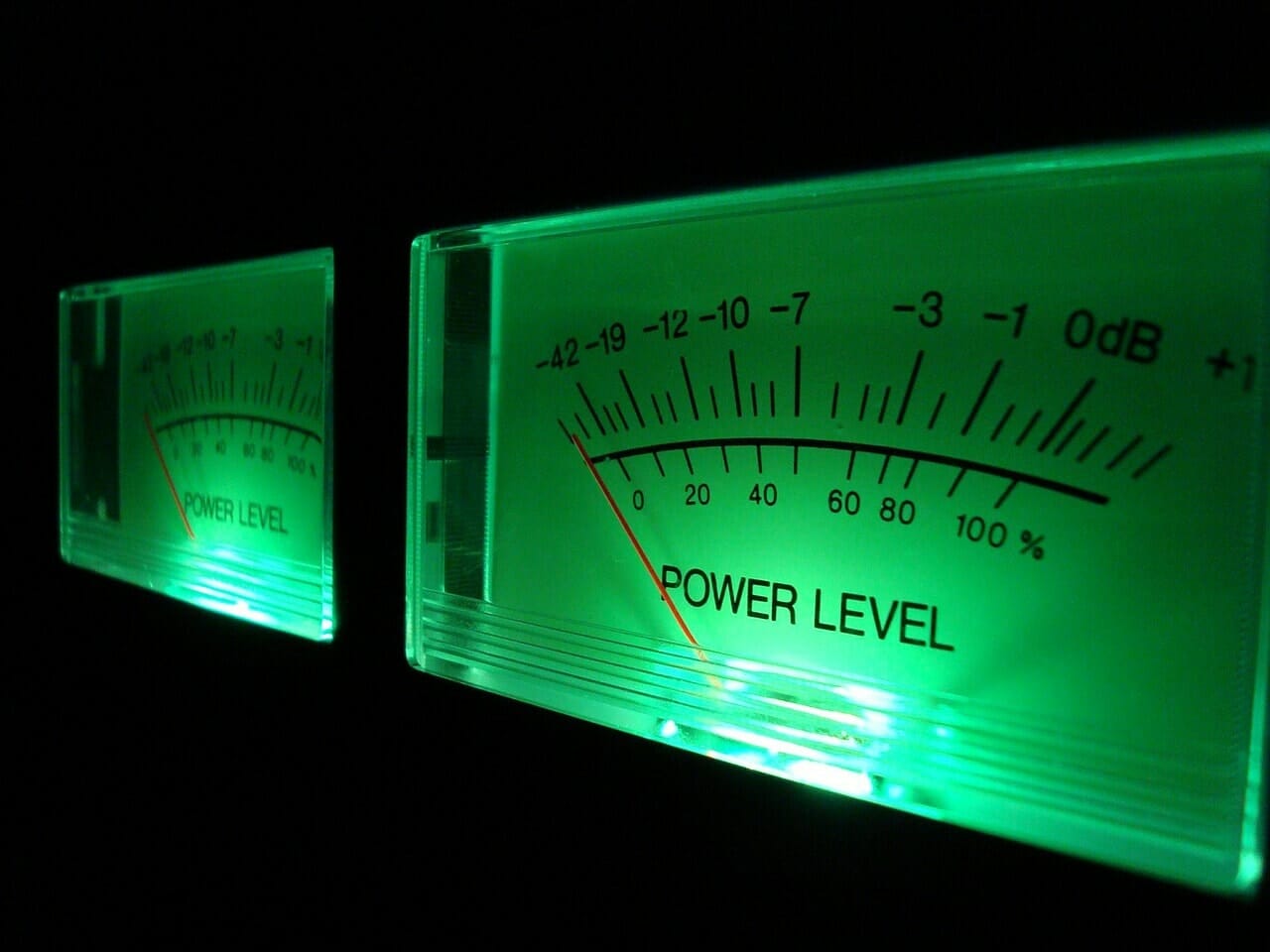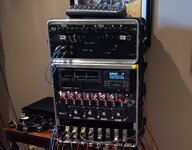spantini
COO of me, inc.
While using DAWs and all their digital meters, do you add VU meters (plugins), like a meter bridge? I've been tempted to add these, mostly because they look cool and are more interesting to watch, but are they really more effective than the bar meters? I guess if you're still clinging to analog references it's probably working on some level - like when using tape saturation, maybe?. Do you add them just to impress clients? I've gotten very accustomed to the standard bar meters - I trust them, especially as they give me an exact dB reading.
Last edited:

